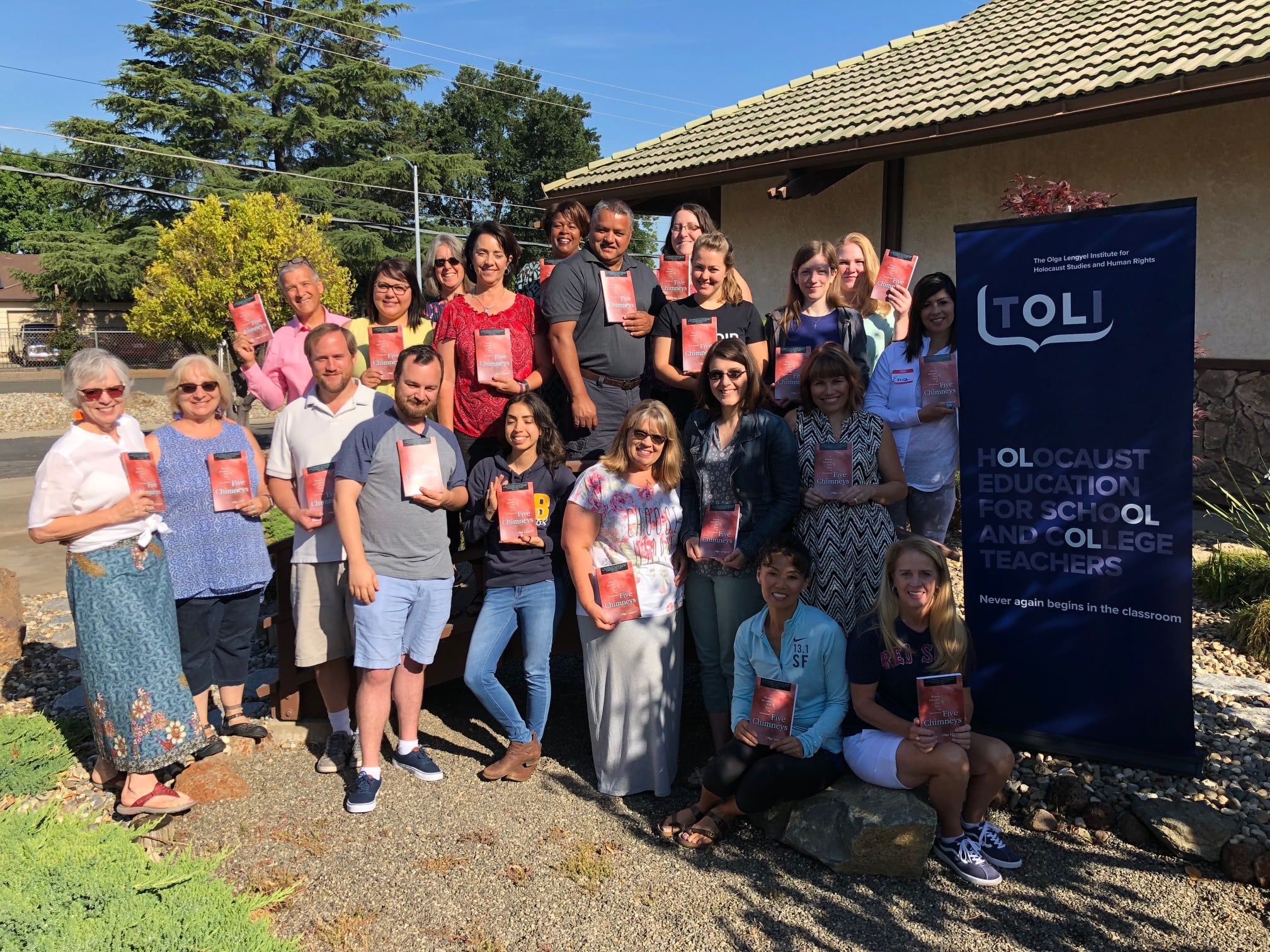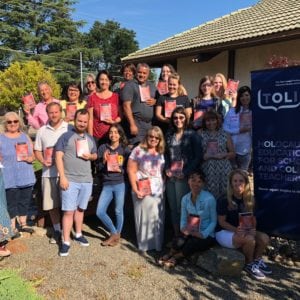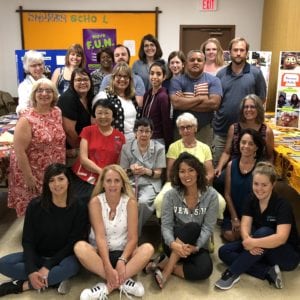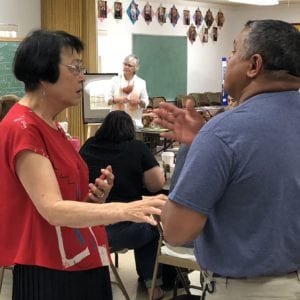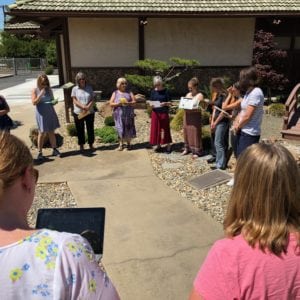TOLI Seminar in Sacramento
Lens on Asian American Experience:
Japanese-American Internment of WWII and Mien Refugees of Laos
June 22, 2018
How have the experiences of Japanese-American and Mien refugees in the 20th century impacted the history and culture of the West Coast and the United States? How can their experiences be shared within a wider historical lens, connecting their hardships with those of Holocaust survivors in Europe? That is what many educators considered during a 5-day professional development seminar that took place from June 18th to June 22nd in Sacramento, California.
Crossing Lines: Tools for Teaching Tough Topics is the title of the program, which is sponsored by The Olga Lengyel Institute for Holocaust Studies and Human Rights (TOLI). The seminar convened for its eighth year, alternating between Chico and Sacramento, to bring together educators to discuss cultural competence and how to integrate sensitive issues and create safe spaces in the classroom.
The seminar, led by Gail Desler and Pam Bodnar, connects experiences from the Holocaust with those affected by the Rwandan genocide, the Japanese-American incarceration, and the Secret War in Laos. Today, many survivors of these historic events live and work within the vicinity of the seminar. Focusing on the power of stories to promote the acceptance and appreciation of all cultures, the seminar has welcomed Holocaust survivors, Japanese American incarcerees, and Mien and Hmong presenters to share their personal experiences and family histories.
Field trips can be eye-opening opportunities to learn more about one’s neighbors. Desler describes how “one of the field trips we take is to a [refugee-owned] strawberry farm. The families appreciate the fact that we’re truly interested in their stories. Maybe they speak limited English, but here we’re asking them to share with us and valuing everything they have to say. Sometimes it’s not the field trip that costs hundreds of dollars, it’s just going down the street and seeing who your neighbor is, and that’s even more impressive.”
These farms were once owned by Japanese-Americans before their internment during World War II. “Prior to the bombing of Pearl Harbor, this was the heart of the Japanese-American community on the west coast. They were the strawberry growers in this area. Overnight, the history of the Florin community changed because they were rounded up and taken away to relocation camps. Few would return because there was nothing to return to. Most of what they owned had been taken away,” Bodnar explains.
Many of the farms are now owned by Mien refugees of the Secret War in Laos, a conflict rarely acknowledged in American history books. Desler and Bodnar both have met with teachers and students who are descendants of these refugees, and they use the seminar to stress the importance of sharing those diverse and untold experiences of hardship. Desler illustrates that “when we appreciate someone else’s culture and experience their story, we realize we are more alike than different.”
The professional development continues after the seminars, when teachers can access mini-grants of amounts up to $1,000 to support projects that bring Holocaust and social justice education to wider audiences. TOLI’s impact on teachers is palpable well after they have returned to the classroom.
The Olga Lengyel Institute is a New York-based organization. Named after a survivor of Auschwitz who dedicated her legacy to education. The mission of TOLI is to educate students in the United States, Europe and other parts of the world about human rights and social justice through the lens of the Holocaust and other genocides so that such atrocities may never again take place. To accomplish its mission, TOLI provides professional development seminars for educators in the US and abroad that link the lessons of the Holocaust and other genocides to current world events, thereby working with teachers to promote a human rights and social justice agenda in their classrooms.
